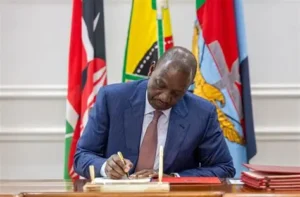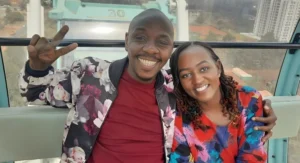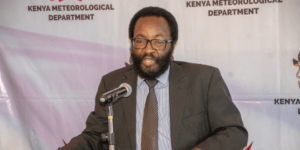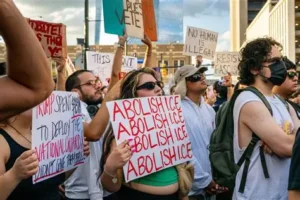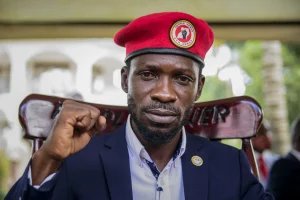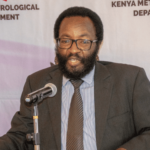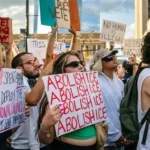by Albert Wambura,
Much has been said about the war in Ukraine, but little
attention has been paid to why the Ukrainian people continue to fight.
If one peruses the local dailies or reads the international tabloids they’d find that those who chose to remain and fight have done so with much gusto, buoyed by daily victories (however small) and led by a president who will not give up in Volodymyr Zelensky.
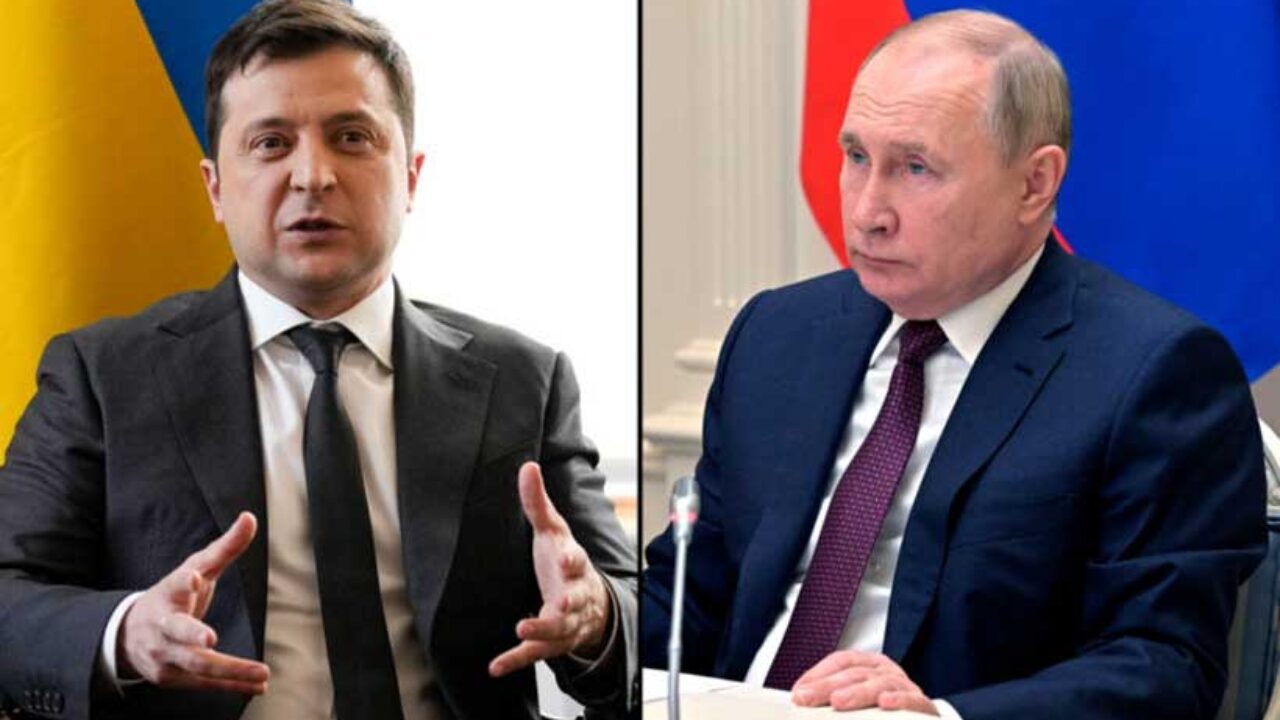 |
| Warring Presidents: Volodymyr Zelensky & Vadimir Putin |
This is a result of people power present among the
Ukrainians. This is the secret to their brave resistance, founded on integrity
and national identity.
Over the years, and much like in Africa, Ukraine has come to
reject vehemently forces that present an imperial threat. The people resist,
and the government responds negatively to colonial efforts. This is evidenced
by 27 African countries voting to condemn Russia’s invasion of the sovereign
nation.
The imposition of Russian clientelism on Ukrainian affairs
has been met with much resistance. Guerrilla warfare tactics similar to those implemented
by Africans in the fight for independence from colonial Europe.
About thirty years ago, much of Eastern Europe was
emancipated from the clutches of the failed Union of Soviet Socialist Republics
(USSR). This meant that, for the first time in a while nations gained their ability
to grow their industries and empower their citizens.
Poland, as an example, has so far grown its Gross Domestic
Product (GDP) from a meagre $1700 to the current highs of $15,000 today. Under
the leadership of one Lech Wales (a Nobel laureate) Poland begun its journey to
a better place economically and the children of those fighters are reaping the
fruits of their efforts.
After the darkness that was the Soviet Union, most nations
naturally took up more liberal approaches and democracy to advance themselves economically,
culturally and politically. Whatever setbacks liberalism has to contend with,
economics matter.
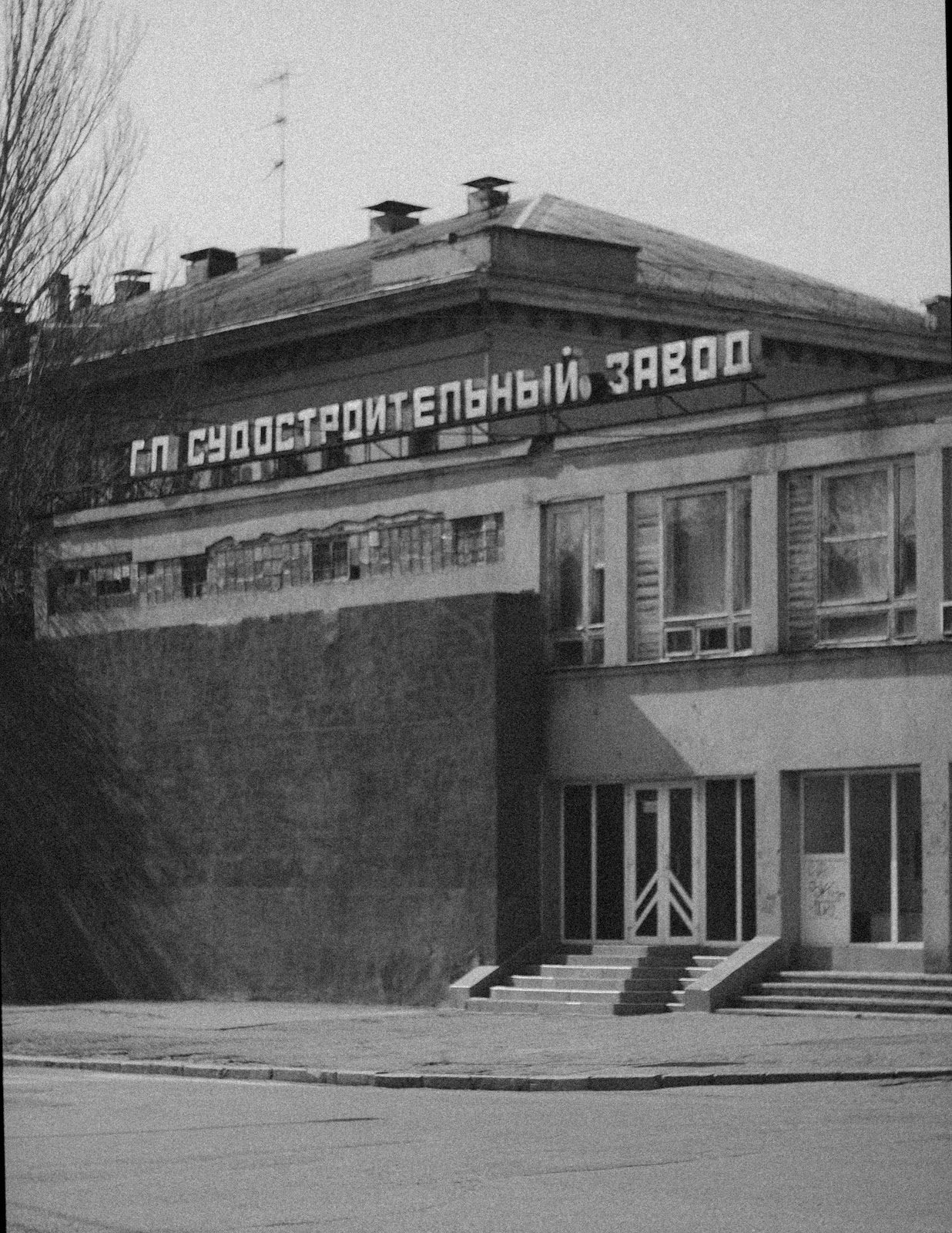 |
| An old Soviet factory on the street |
It therefore makes
sense that Russia and its rogue leader Putin want to frustrate Ukraine’s
efforts to join the European Union and North Atlantic Treaty Organization which
would boost Ukraine’s economic, diplomatic and political prospects.
So far Putin’s brand of clientelism and tendency to
interfere in Ukraine’s affairs have led to dissatisfaction with leadership in
the past that came under Russia’s hold. The Euromaidan Protests of 2014 are an
excellent example of this. Not to be forgotten is the youth factor.
About 20% of Russia’s population was born after 1992,
meaning the memories of a ‘more glorious past’ that inspire Russia’s sense of superiority
are not as strong among the youth. If Russia is to dominate Eastern Europe, it
will have to look to the future and change tact when it comes to influence on
the global stage.


